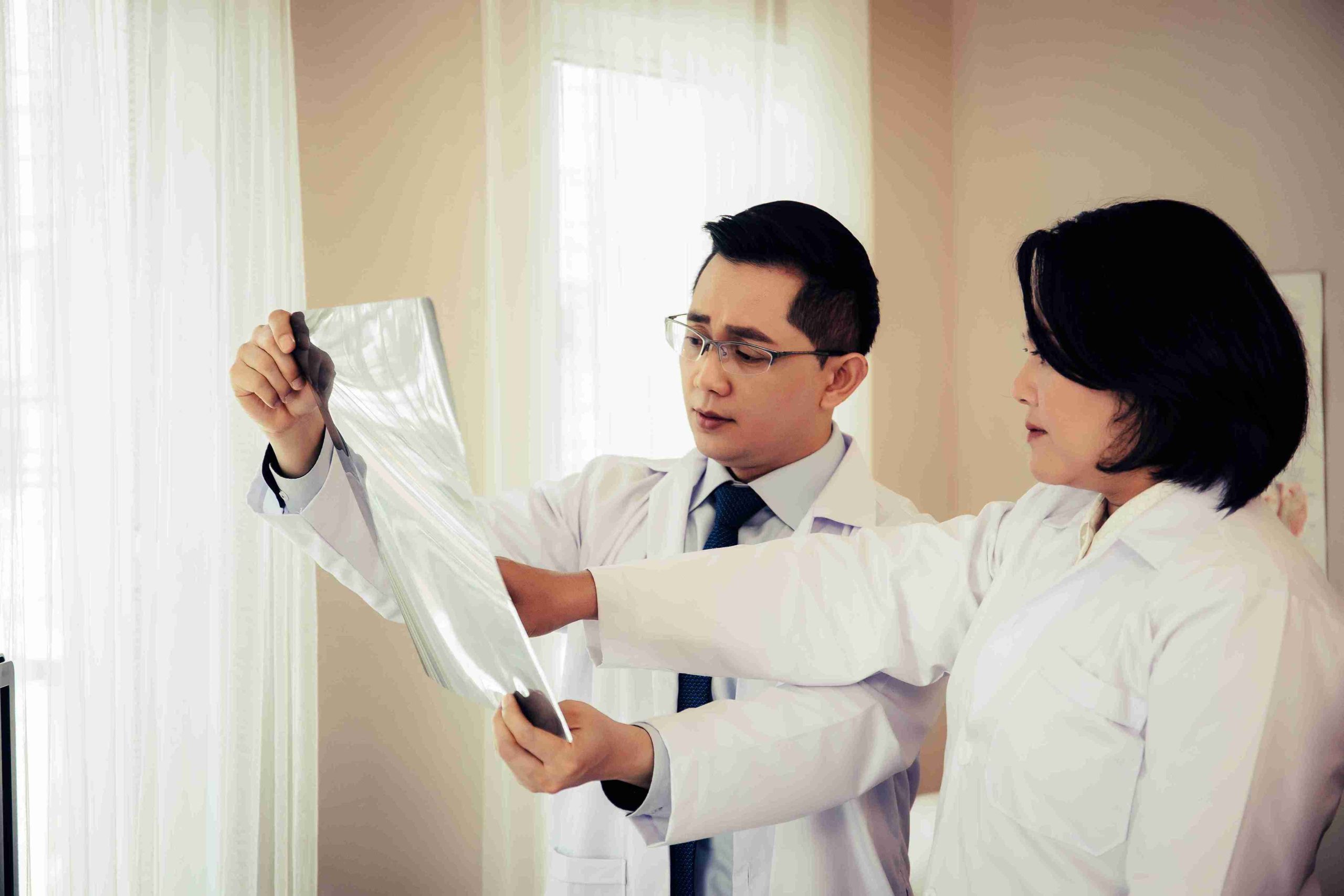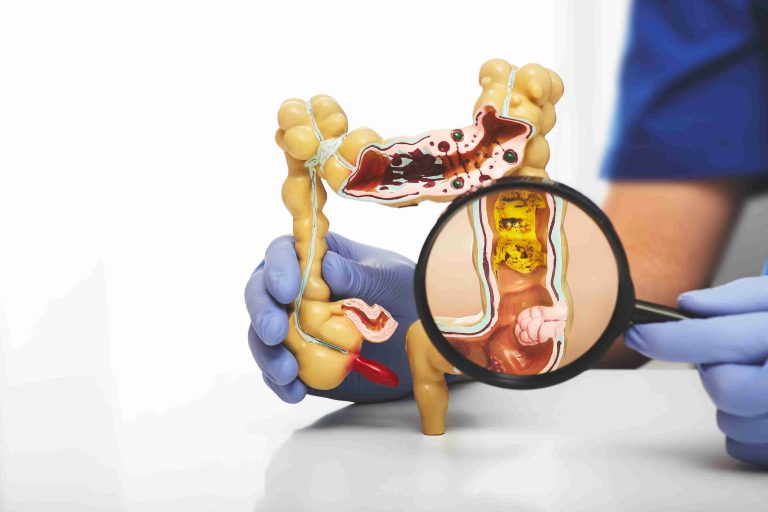Stomach cancer, also known as gastric cancer, is a serious condition that often develops silently over time. By the time symptoms become noticeable, the disease may already be in an advanced stage. This is why early detection plays a crucial role in improving treatment outcomes. One of the most effective diagnostic tools for identifying stomach cancer is endoscopy. But how exactly does endoscopy work, and how reliable is it for detecting stomach cancer? Let’s explore this in detail.
Understanding Stomach Cancer and Why It’s Hard to Detect Early
Stomach cancer typically begins in the lining of the stomach and can slowly progress over years. In the early stages, it may not cause significant symptoms. If symptoms do appear, they can be vague and easily mistaken for less serious conditions, such as indigestion, gastritis, or acid reflux. These include mild abdominal pain, bloating, nausea, or a feeling of fullness after small meals.
Because early signs are subtle, many patients are diagnosed only when the cancer has advanced. This highlights the importance of proactive screening and diagnostic tests like endoscopy, especially for those with risk factors such as a family history of gastric cancer, Helicobacter pylori infection, or a diet high in processed and salty foods.
What Is an Endoscopy and How Does It Work?
An endoscopy is a medical procedure that allows doctors to view the inside of your digestive tract. For stomach-related concerns, an upper gastrointestinal (GI) endoscopy, also called gastroscopy, is performed. During this procedure, a thin, flexible tube with a camera at the end (called an endoscope) is inserted through the mouth and gently guided down the throat into the stomach and the beginning of the small intestine.
The endoscope provides real-time images of the stomach lining, allowing doctors to identify any abnormalities such as ulcers, inflammation, or suspicious growths. If anything unusual is detected, the doctor can take a tissue sample (biopsy) during the same procedure for further examination under a microscope.
How Endoscopy Detects Stomach Cancer
Endoscopy is one of the most reliable tools for detecting stomach cancer because it allows direct visualization of the stomach lining. Small tumors or early cancerous changes that might not show up on other imaging tests can often be seen clearly during an endoscopy.
If the doctor notices a lesion or abnormal tissue, they will take a biopsy. This biopsy is then analyzed by a pathologist to determine whether the cells are cancerous, precancerous, or benign. In many cases, endoscopy procedures can detect stomach cancer at an early stage, when treatment is most effective.
Who Should Consider an Endoscopy for Stomach Cancer Detection?
Not everyone needs routine endoscopy for stomach cancer screening. However, it is strongly recommended for individuals at higher risk. You may need an endoscopy if you have:
- Persistent or unexplained stomach pain or discomfort
- Unexplained weight loss
- Difficulty swallowing
- Chronic nausea or vomiting
- Black or tarry stools indicating gastrointestinal bleeding
- A family history of gastric cancer
- A history of Helicobacter pylori infection
Doctors may also recommend periodic endoscopy for patients with certain preexisting conditions, such as chronic gastritis, gastric ulcers, or intestinal metaplasia, which can increase the risk of cancer.
The Accuracy of Endoscopy in Diagnosing Stomach Cancer
Endoscopy test is considered the gold standard for diagnosing stomach cancer because it allows direct visualization and tissue sampling. Compared to imaging tests like X-rays or CT scans, endoscopy provides a more detailed and accurate assessment of the stomach lining.
However, the accuracy of the procedure also depends on the skill of the endoscopist and the thoroughness of the examination. In some cases, very early cancerous changes might be microscopic and require additional specialized staining techniques or follow-up tests.
Is Endoscopy Safe?
Many patients worry about the safety and discomfort of undergoing an endoscopy. Fortunately, it is a generally safe and well-tolerated procedure. Sedation is usually given to help you relax, and the entire process typically takes only 10 to 20 minutes.
Risks are minimal but can include a sore throat, mild bloating, or very rarely, complications such as bleeding or perforation of the gastrointestinal lining. Your doctor will explain the risks and benefits before the procedure so you can make an informed decision.
Can Endoscopy Detect Other Conditions Besides Stomach Cancer?
Yes, endoscopy is not only useful for detecting stomach cancer but also for identifying other gastrointestinal problems. These include ulcers, gastritis, esophagitis, polyps, and infections like H. pylori.
By diagnosing these conditions early, doctors can provide timely treatment and reduce the risk of more serious complications. In fact, treating certain conditions such as chronic gastritis or H. pylori infection can lower your risk of developing stomach cancer in the future.
What Happens If Stomach Cancer Is Detected During Endoscopy?
If your endoscopy reveals stomach cancer, the next step is staging, which determines how far the cancer has spread. Additional tests such as CT scans, endoscopic ultrasound, or PET scans may be ordered. Treatment options depend on the stage of cancer and may include surgery, chemotherapy, targeted therapy, or a combination of these approaches.
Early-stage stomach cancer detected through endoscopy has a much better prognosis compared to late-stage cancer. This reinforces the importance of timely endoscopic evaluation when symptoms or risk factors are present.
Preparing for an Endoscopy
Before an endoscopy, you’ll be instructed to fast for several hours to ensure your stomach is empty. You should also inform your doctor about any medications you’re taking, as some may need to be adjusted. The procedure itself is quick and relatively painless, and you can usually go home the same day after a short recovery period.
Conclusion
Endoscopy is one of the most effective and accurate tools for detecting stomach cancer. It allows doctors to directly visualize the stomach lining, identify suspicious lesions, and perform biopsies for definitive diagnosis. For individuals with risk factors or persistent gastrointestinal symptoms, undergoing an endoscopy can mean the difference between catching stomach cancer early or facing a late-stage diagnosis.
If you are experiencing unexplained stomach discomfort, weight loss, or have a family history of gastric cancer, talk to your doctor about whether an endoscopy is right for you. Early detection saves lives, and this simple procedure can provide peace of mind and clarity about your digestive health.







